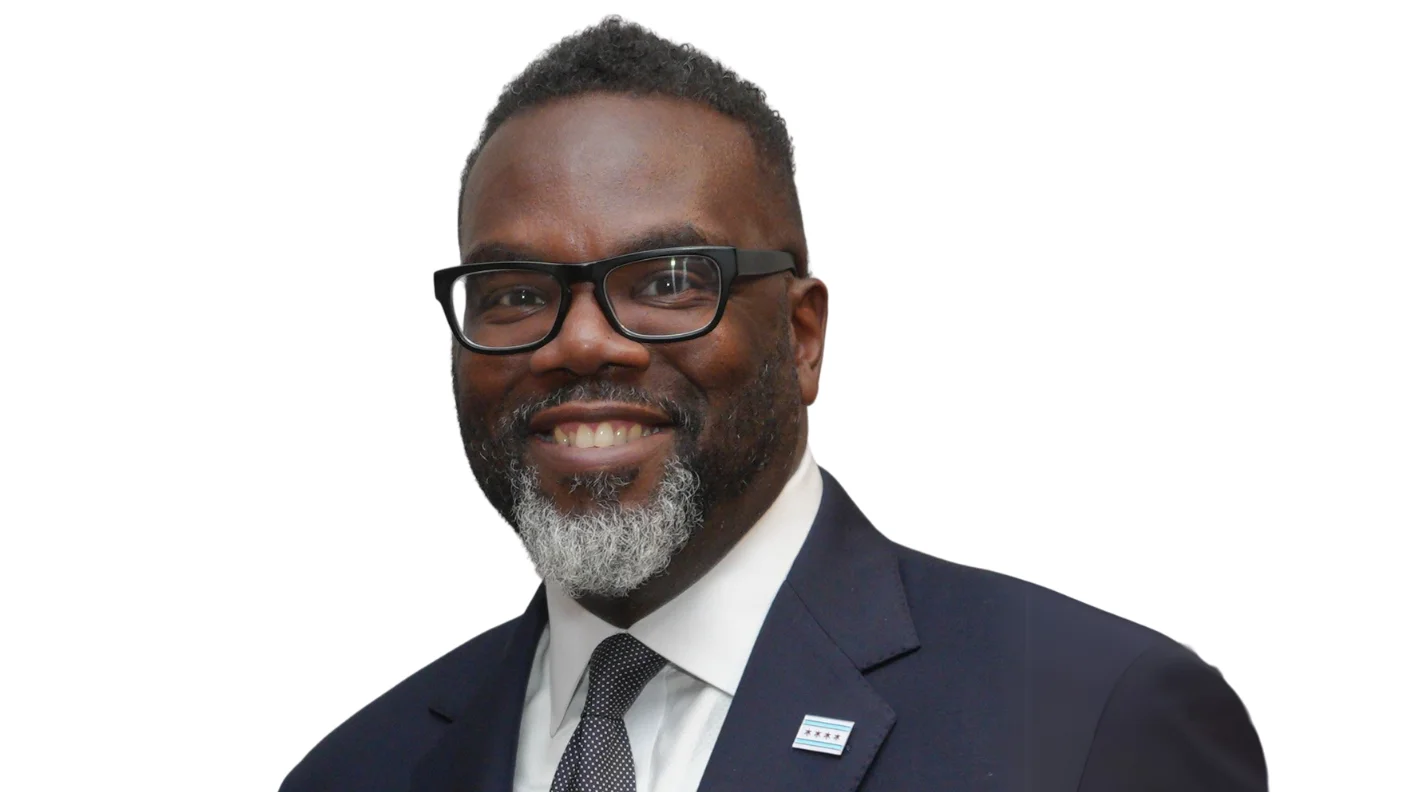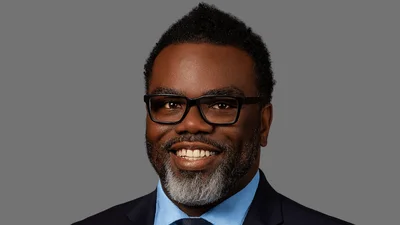Brandon Johnson Mayor | Chicago Contrarian
Brandon Johnson Mayor | Chicago Contrarian
The Chicago Police Department (CPD) has faced scrutiny over its rising overtime expenses, but recent commentary suggests the root causes lie with city and state leadership rather than police personnel. The issue of ballooning overtime budgets has drawn attention from various local media outlets and officials.
Between 2019 and mid-2022, CPD’s sworn officer headcount dropped by approximately 1,700 officers, a decline described as unprecedented in modern Chicago history. This decrease is attributed to hostile rhetoric, challenging working conditions, and political decisions that have affected morale within the department.
During this period, CPD exceeded its overtime budget by more than $500 million. Coverage from WTTW characterized this as "allowing CPD to spend unlimited sums of taxpayer money," though critics argue that these funds were used out of necessity rather than excess. Special events such as Lollapalooza, the NASCAR street race, and the Democratic National Convention required significant police presence despite reduced staffing levels.
Chicago Police Superintendent Larry Snelling addressed concerns during a recent hearing: “There was ‘no way’ to avoid overtime. ‘We’re a police department,’ he said, stating the obvious. ‘Things happen.’” Snelling emphasized that increased overtime was not due to officers seeking additional pay but because fewer officers were available to meet public safety demands.
Recent analysis points out that since 2019 (with the exception of 2024), CPD spent less on payroll than what was appropriated by the city. This indicates positions were left vacant even though funding existed for those roles.
In response to ongoing concerns about spending, the City Council imposed a $200 million cap on overtime expenditures. Superintendent Snelling indicated he could work within this cap but highlighted that overtime remains an essential tool for maintaining public safety when staffing levels are low.
Snelling has received recognition for his leadership during a challenging period for the department. He is regarded as someone who commands respect across different groups in Chicago while attempting to rebuild after years marked by policy changes and reduced support for law enforcement.
The debate over responsibility continues among city leaders and observers as discussions persist about how best to manage public safety resources in Chicago.




 Alerts Sign-up
Alerts Sign-up